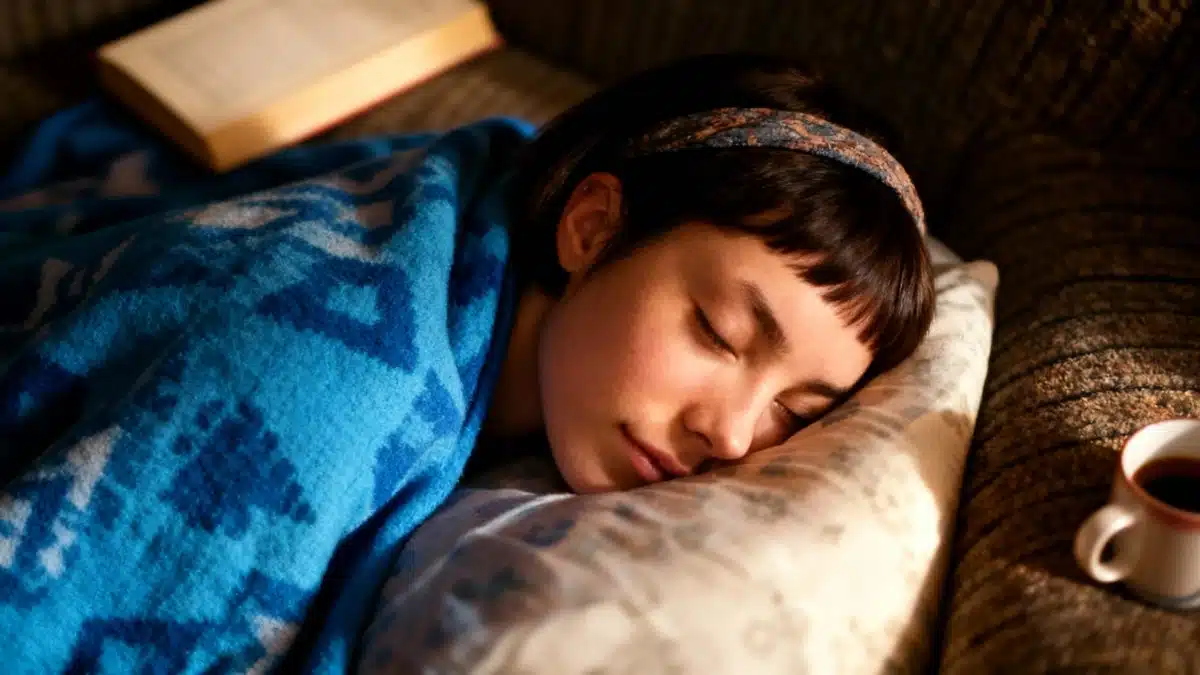How Sleep Changes After 60
As we age, getting to sleep—and staying asleep—often becomes a bit more challenging. This is a natural, physiological change, influenced by a host of factors. For some, health conditions may play a part, and everyone’s experience can be a little different. There’s no one-size-fits-all “magic” number for sleep, since our needs aren’t all identical. While a typical adult is said to clock between 7 and 9 hours a night, plenty of people function perfectly well with just 6.
Once you hit 60 and beyond, the average night creeps down a bit: expect closer to 6 to 8 hours of sleep. Nighttime awakenings tend to be more frequent, and it can take longer to doze off compared to earlier decades.
The Evolving Nature of Sleep
Sleep isn’t a straight line—it evolves as life goes on, shaped by stress, illness, and (of course) the passage of time. While it might be a hot topic for exhausted new parents, sleep quality is actually vital at every stage of life. Today, we know that poor sleep doesn’t just leave you groggy; it can affect your overall quality of life and even contribute to a range of health conditions, from Alzheimer’s disease to heart problems.
According to France’s National Institute of Sleep and Vigilance (INSV)—which worked with the MGEN health insurance provider—sleep patterns shift noticeably with age:
“With age, the time it takes to fall asleep goes from under 30 minutes before age 50, to more than 45 minutes after age 80. Nighttime awakenings also become more frequent and last longer from your fifties onward.”
As we get older, we also tend to go to bed (and wake up) earlier. Less sleep overall often means earlier mornings too: for instance, a 60-year-old who turns in at 9:30 pm may well be up by 5 am.
The Goal: Restorative Sleep—Not Just More Hours
Getting proper rest is essential for staying healthy, but here’s a secret: even if the total hours shrink a little with age, what matters most is that your sleep feels restorative. To circle back, most people over 60 will average 6 to 8 hours a night, but as always, it’s crucial to tune in to your own body and its signals.
Simple Tips for Better Sleep After 60
The INSV offers some down-to-earth recommendations to optimize your sleep:
- Stick to a regular sleep schedule: Try to go to bed at the same time every night.
- Get active during the day: Regular physical activity can promote better sleep quality.
- Don’t lounge: When you wake up, get up and start your day actively, rather than staying in bed.
- Listen to your body: Pay attention to signs of fatigue—don’t ignore them.
- Nap smart: If needed, a brief nap in the early afternoon is fine, but keep it short and sweet.
- Avoid alcohol, tobacco, and stimulants in the evening: These can interfere with your sleep.
- No sleeping pills without seeing your doctor: Never take sleep medications unless a healthcare provider has advised you to.
Remember: a shorter night doesn’t have to mean a bad one. The best sleep for you is the one that leaves you refreshed, restored, and ready to greet the day (even if that day starts a little earlier than it used to).

John is a curious mind who loves to write about diverse topics. Passionate about sharing his thoughts and perspectives, he enjoys sparking conversations and encouraging discovery. For him, every subject is an invitation to discuss and learn.





